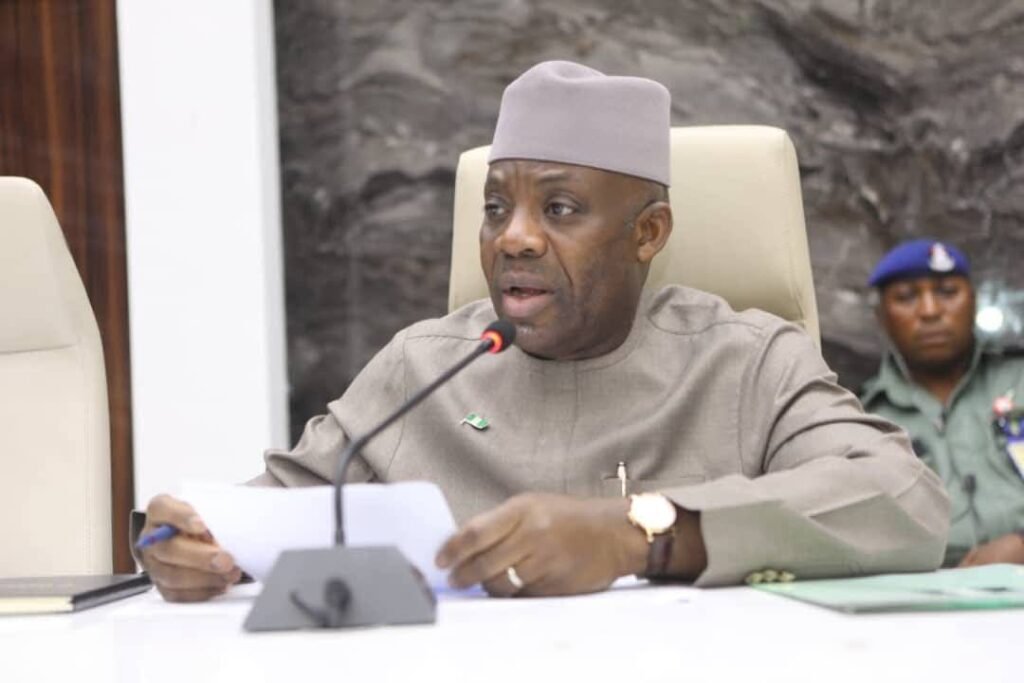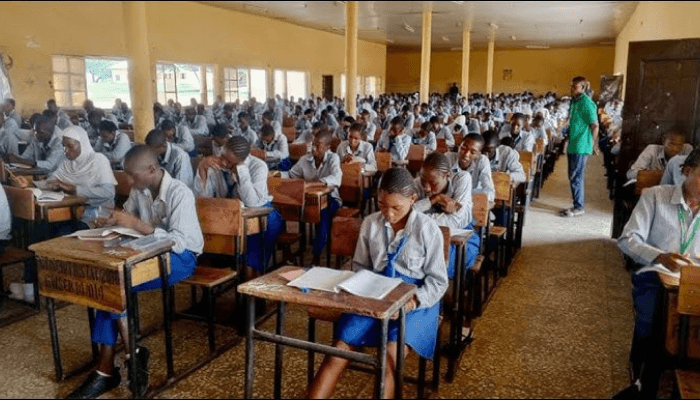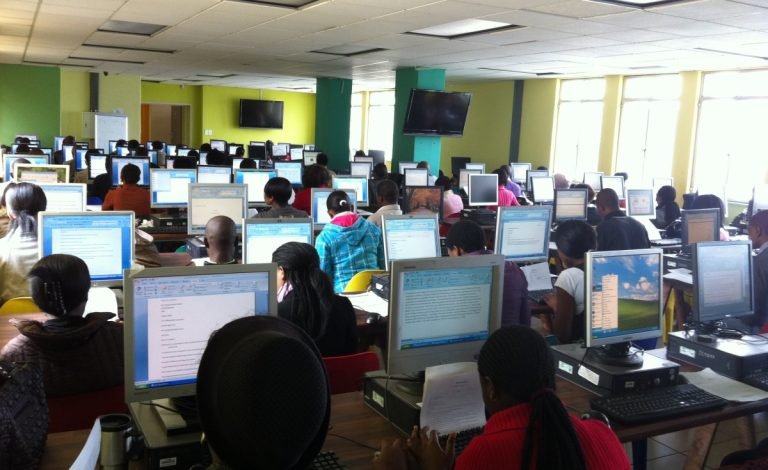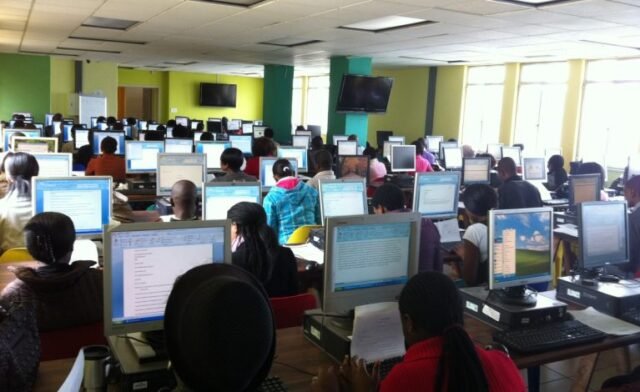In a historic address at a media briefing in Abuja, Education Minister Dr. Olatunji Alausa laid out Nigeria’s bold intention to modernise its educational architecture by embracing digital transformation. “Education is changing across the world, and Nigeria must not be left behind,” he asserted, stressing that the country is embedding artificial intelligence (AI) and digital literacy into every aspect of learning to build a system that is modern, inclusive, and globally competitive.
This commitment goes beyond rhetoric. The ministry has initiated projects such as installing solar-powered infrastructure in schools to ensure a reliable power supply, equipping teachers with tablets, and providing digital skills training. Local tech firms are on board to build AI-driven learning platforms, e-libraries, and interactive tools—all aimed at transforming classrooms into hubs of innovation.

Table of Contents
Tackling Curriculum Overload & Illicit Practices
A major focus of the reform is streamlining Nigeria’s overloaded examination and curriculum framework. Presently, students face an astonishing 76 subjects in WAEC and 80 in JAMB. Dr. Alausa decried this as excessive and outmoded, advocating for a more relevant, focused structure that improves learning outcomes while reducing pressure.
In parallel, the minister made it clear that exam malpractice will no longer be tolerated. He emphasised enforcement of the Exam Malpractice Act—with tangible sanctions awaiting students or lecturers who compromise academic standards.
Launching the Nigeria Education Data Initiative (NEDI/NERDI)
Among the most transformative aspects of the reform is the launch of the Nigeria Education Data Initiative (NEDI)—also referred to as NERDI. This is a centralised platform designed to integrate massive data sets from education stakeholders including JAMB, WAEC, UBEC, NECO, and NYSC.
Set to go live by mid-2025, this platform will feature a live education dashboard that enables real-time tracking of student progress across the country. The aim is to empower evidence-based policymaking, enhance accountability, and ensure that decisions are data-driven and transparent.

Financial Access & Unified Fee Structure: No Student Left Behind
Dr. Alausa also addressed the perennial challenge of affordability in higher education. He reiterated that NEUFUND (Nigerian Education Loan Fund) will cover all fees charged by tertiary institutions—effectively ensuring that financial hardship does not block access to university education.
To complement that, the government plans to standardise fee structures across universities, enforcing a unified and transparent fee regime that eliminates arbitrary or hidden charges.
In Dr. Alausa’s words: “Digital education, standardised fees, transparent governance, and curriculum reform are all part of one bold agenda… building a system that is modern, accountable, and sustainable.”
Key Takeaways
| Area of Reform | Key Elements |
|---|---|
| Digital Infrastructure | Solar-powered schools, tablets for teachers, AI tools, e-libraries |
| Curriculum Overhaul | Reduce WAEC and JAMB subjects, streamline curriculum |
| Integrity Assurance | Enforce the Exam Malpractice Act with sanctions |
| Data-Driven Transparency | Launch NEDI/NERDI with real-time dashboard for education data |
| Financial Inclusion | Enforce the Exam Malpractice Act with sanctions |
Why This Matters
- Empowering Learners and Educators: Tablets and digital materials, backed by renewable energy, are poised to reduce disparities—especially in rural or under-resourced schools.
- A Smarter Curriculum: Focusing on relevance rather than quantity can help students deepen their understanding and mitigate burnout—setting them up for success.
- Real-Time Visibility: The NEDI platform could revolutionise how policymakers track performance, coordinate interventions, and deploy resources efficiently.
- Equitable Access: By removing financial barriers and curbing hidden fees, the education system moves closer to inclusion and fairness.
- A Unified Vision: The synergy of digital tools, governance measures, and fiscal support underscores a holistic reform approach—reflecting a modern, sustainable blueprint for Nigeria’s education.

Conclusion
Under Dr. Alausa’s stewardship, Nigeria is charting a transformative path—grounding education in technology, transparency, and equity. Through measures like solar installations, data dashboards, streamlined curricula, and financial support, the government is laying the groundwork for a modern system that can deliver real, measurable outcomes for every learner.
If executed well, this reform could mark a turning point—where Nigeria’s education sector truly embraces the promise of the digital age.
Join Our Social Media Channels:
WhatsApp: NaijaEyes
Facebook: NaijaEyes
Twitter: NaijaEyes
Instagram: NaijaEyes
TikTok: NaijaEyes
READ THE LATEST EDUCATION NEWS





